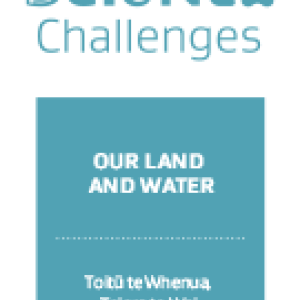
This white paper, funded by Our Land and Water (one of 11 National Science Challenges run by the New Zealand government) and the NEXT Foundation, explores what regenerative agriculture means in the context of New Zealand and identifies 17 topics where more research is required. It acknowledges the alignment between regenerative agriculture and Māori food practices and knowledge.
The paper introduces 11 mindset and instructional principles for regenerative farming in New Zealand. However, in terms of practices, it finds no well-defined distinction between mainstream and regenerative agriculture. Rather, it describes a “continuum of practices” with some overlap between both forms of agriculture.
Focusing on the New Zealand context, the paper notes that particularly relevant factors here are carbon-rich soils, susceptibility to soil erosion and a strong contrast between native biodiversity and agricultural species. It recommends that New Zealand develop its own narrative on regenerative agriculture, highlighting soil carbon retention, erosion reduction, and supporting both wild and on-farm biodiversity.
Read the full report, Regenerative agriculture in Aotearoa New Zealand – research pathways to build science-based evidence and national narratives, here (PDF link). See also the Table explainer Food systems and contributions to other environmental problems.







Post a new comment »